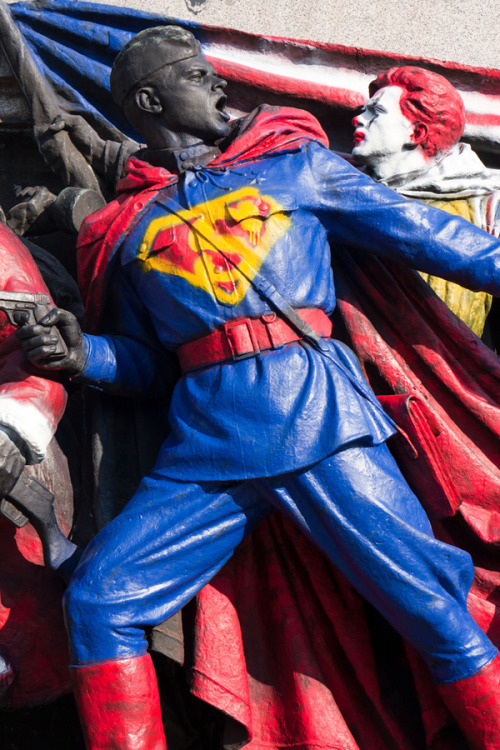Text: Rebecca Solnit
Image
Zoe Leonard’s iconic 1992 poem, titled “I want a president
…fixed like a galaxy and memorized in her secret and fragile skies. Leonard Cohen
“When someone is cruel or acts like a bully, you don’t stoop to their level. No, our motto is, ‘When they go low, we go high.’ ”“I wake up every morning in a house that was built by slaves. And I watch my daughters, two beautiful, intelligent, black young women, playing with their dogs on the White House lawn. And because of Hillary Clinton, my daughters and all our sons and daughters now take for granted that a woman can be president of the United States.”“When you have the nuclear codes at you fingertips and military at your command, you can’t make snap decisions. You can’t have thin skin or a tendency to lash out. You need to be steady and well-informed. I want a president with a record of public service, someone whose life work shows our children we don’t chase fame and fortune for ourselves.”“In this election, we cannot sit back and hope that everything works out for the best. We cannot afford to be tired or frustrated or cynical. No, hear me. Between now and November, we need to do what we did eight years ago and four years ago. We need to knock on every door, we need to get out every vote, we need to pour every last ounce of our passion and our strength and our love for this country into electing Hillary Clinton as president of the United States of America!”
“You carry away with you a reflection of me, a part of me. I dreamed you; I wished for your existence. You will always be a part of my life. If I love you, it must be because we shared, at some moment, the same imaginings, the same madness, the same stage.”
— | Anaïs Nin (via elysskama) |

Now that he is safely dead,
Let us Praise him.
Now that he is safely dead,
Let us Praise him.
Build monuments to his glory.
Sing Hosannas to his name.
Dead men make such convenient Heroes.
They cannot rise to challenge the images
We would fashion from their Lives.
(Hines 1987, 468).image; Banksy

“Wherever
his hand has lain there is
a tiny purple blemish. Each part
is a blossom under his touch
to which the fibres of her being
stem one by one, each to its end,
until the whole field is a
white desire, empty, a single stem,
a cluster, flower by flower,
a pious wish to whiteness gone over—
or nothing.”
— | Queen-Anne’s-Lace, William Carlos Williams (via sketchofthepast) |
Speech after long silence; it is right,
All other lovers being estranged or dead,
Unfriendly lamplight hid under its shade,
The curtains drawn upon unfriendly night,
That we descant and yet again descant
Upon the supreme theme of Art and Song:
Bodily decrepitude is wisdom; young
We loved each other and were ignorant.
Damiel;
It's great to live by the spirit, to testify day by day for eternity, only what's spiritual in people's minds. But sometimes I'm fed up with my spiritual existence. Instead of forever hovering above I'd like to feel a weight grow in me to end the infinity and to tie me to earth. I'd like, at each step, each gust of wind, to be able to say "Now." Now and now" and no longer "forever" and "for eternity." To sit at an empty place at a card table and be greeted, even by a nod. Every time we participated, it was a pretense. Wrestling with one, allowing a hip to be put out in pretense, catching a fish in pretense, in pretense sitting at tables, drinking and eating in pretense. Having lambs roasted and wine served in the tents out there in the desert, only in pretense. No, I don't have to beget a child or plant a tree but it would be rather nice coming home after a long day to feed the cat, like Philip Marlowe, to have a fever and blackended fingers from the newspaper, to be excited not only by the mind but, at last, by a meal, by the line of a neck by an ear. To lie! Through one's teeth. As you're walking, to feel your bones moving along. At last to guess, instead of always knowing. To be able to say "ah" and "oh" and "hey" instead of "yea" and "amen."
Catherine Hessling, La fille de l’eau, Jean Renoir, 1924.